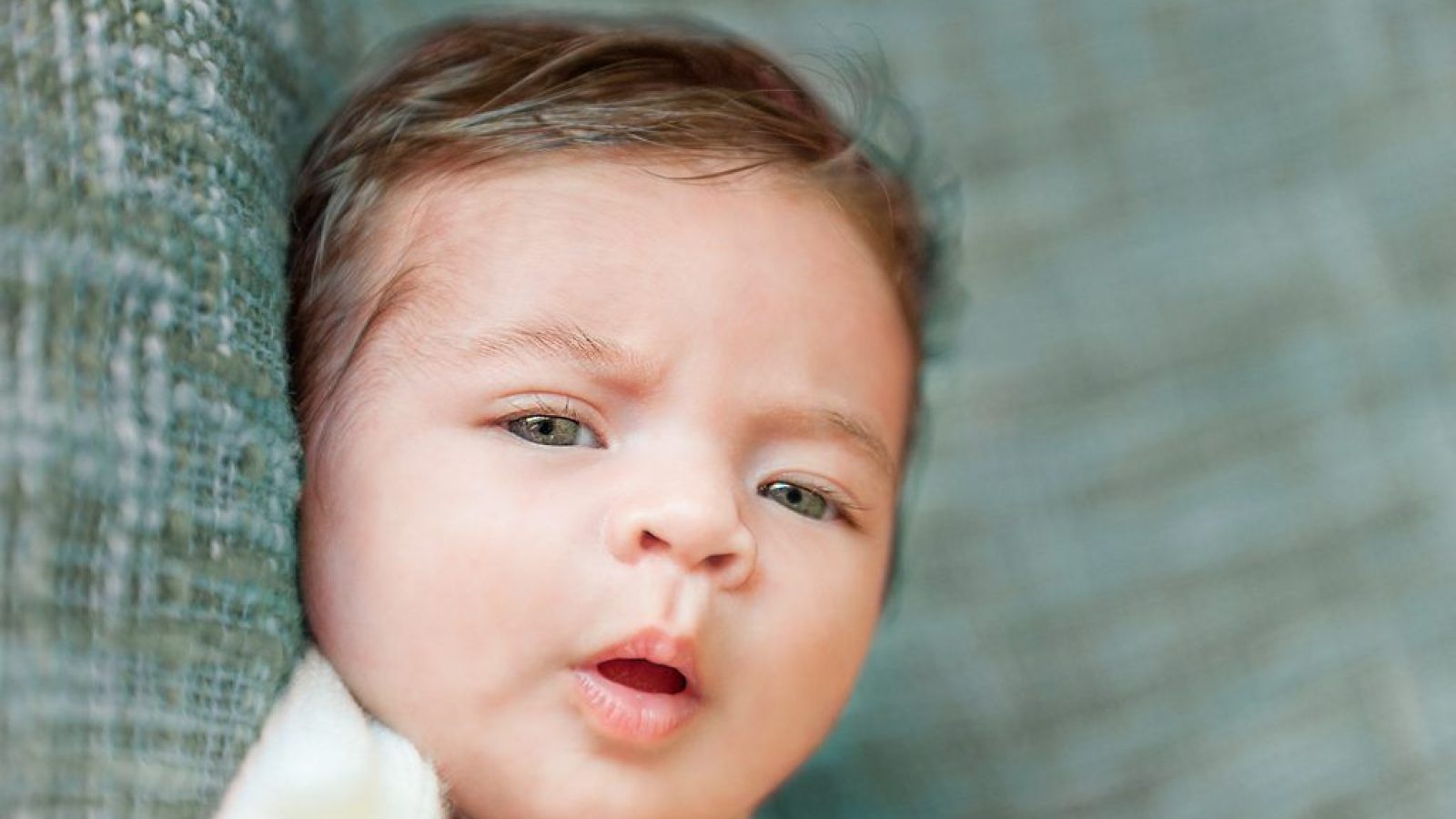A U.S. Food & Drug Administration (FDA) panel recently recommended approval for AstraZeneca’s new monoclonal antibody, which supposedly protects infants and toddlers up to age 2 from respiratory syncytial virus (RSV).
The drug, manufactured by AstraZeneca and Sanofi, is designed to be given to infants in a single shot at birth or just before the start of a baby’s first RSV season.
It can also be given in a larger dose in a second RSV season in children who are highly vulnerable.
Per CNN:
Members of the agency’s Antimicrobial Drugs Advisory Committee voted 21-0 that the benefit-risk profile of nirsevimab was favorable in infants and 19-2 that it was favorable in children up to 24 months who are vulnerable to severe respiratory syncytial virus.
Next, the FDA will consider the advice of the advisers and decide whether to approve the treatment.
Although the drug, nirsevimab, isn’t a ‘vaccine,’ it’s still a dangerous injection that can catastrophically harm infants and toddlers.
In the drug’s clinical trial, 12 infant deaths were recorded.
The FDA committee said the deaths were “unrelated” to the antibody.
CNBC noted:
Twelve infants who received nirsevimab in the trials died. None of these deaths were related to the antibody, according to the FDA’s review.
Four died from cardiac disease, two died from gastroenteritis, two died from unknown causes but were likely cases of sudden infant death syndrome, one died from a tumor, one died from Covid, one died from a skull fracture and one died of pneumonia.
“Most deaths were due to an underlying disease,” Baylor said. “None of the deaths appeared to be related to nirsevimab.”
Stop all vaccines. NOW: https://t.co/L19vRYMlX9
— Christiane Northrup (@DrChrisNorthrup) June 20, 2023
“Twelve Infants Perish in Clinical Trial for RSV Shot – FDA Recommends Anyway. Four of the twelve infants’ deaths in the AstraZeneca trial were from cardiac arrest, and two died of SIDS (Sudden Infant Death Syndrome),” Children’s Health Defense wrote.
“The FDA claimed the deaths were ‘unrelated’ to AstraZeneca’s monoclonal antibody injection, but how often do you hear about four babies naturally dying of cardiac arrest in a clinical trial setting?”
“The pediatricians are going to push this. The doctors, as soon as the babies are born, they’re going to give these babies this RSV jab,” CHDTV’s Polly Tommey said.
WATCH:
Twelve Infants Perish in Clinical Trial for RSV Shot – FDA Recommends Anyway
Four of the twelve infants’ deaths in the AstraZeneca trial were from cardiac arrest, and two died of SIDS (Sudden Infant Death Syndrome).
The FDA claimed the deaths were “unrelated” to AstraZeneca’s… pic.twitter.com/VuPqXkYZbX
— Children’s Health Defense (@ChildrensHD) June 12, 2023
“AstraZeneca reported only 48% efficacy for the drug,” The Defender stated.
“It’s preposterous to give this drug prophylactically, especially without adequate safety testing,” said Children’s Health Defense Senior Director of Science and Research Brian Hooker.
The Defender reports:
Hooker also commented on the fact that 12 infant deaths were recorded during the clinical trial, which the FDA committee claimed were “unrelated” to the antibody:
“It appears that this vote was meant to bolster uptake and popularity of the RSV vaccines that are now approved for maternal use. The very low rate of effectiveness for such a therapy is troubling as the conservative estimate is below 50%, which is usually a hard metric for drug approval.
“Also, it seems odd that four infants in the trial would die of cardiac arrest — with no information given, it leaves one to wonder why these children would die in such a way. Also, there should be further investigation into the two SIDS [sudden infant death syndrome] deaths that occurred during the trial.”
Dr. Meryl Nass, an internist, biological warfare epidemiologist and member of CHD’s scientific advisory committee, told The Defender,“It is reckless in the extreme to inject very young babies with an inadequately tested monoclonal antibody drug to prevent a condition that for most of them will be no more than a cold.”
ADVERTISEMENTCardiologist Dr. Peter McCullough told The Defender that while monoclonal antibodies are “generally safe” for children, he questioned the benefit of such a treatment for what he called a “mild” infection. He said:
“Monoclonal antibodies are generally safe in children and adults; however, I am concerned broad infant population uptake may disrupt normal thymus and immune system development that easily handle infections such as RSV, influenza, rhinovirus, adenovirus and SARS-CoV-2.
“RSV is a characteristically mild infantile infection easily resolved with conventional nebulizers. I believe nirsevimab would not be clinical-indicated for all infants and likely would be utilized in high-risk babies with congenital heart or lung disease, such as cystic fibrosis, or those with prior thoracotomies for heart surgery, where respiratory mechanics would be compromised.”
AstraZeneca and Sanofi funded the clinical trial for nirsevimab.
From The New England Journal of Medicine:
Medimmune/AstraZeneca was involved in the trial design; the collection, analysis, and interpretation of the data; and the writing of the manuscript. The trial was funded by MedImmune/AstraZeneca and Sanofi. Medical writing support was funded by AstraZeneca and Sanofi.




Join the conversation!
Please share your thoughts about this article below. We value your opinions, and would love to see you add to the discussion!